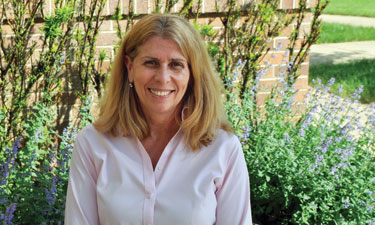 It is an undeniable fact that how we learn, where we learn and even our perception of the learning experience is changing. Tuition for traditional education is on the rise, but at the same time, anyone with a laptop and a desire for mind expansion can opt in to hundreds of free classes through the Massive Open Online Courses (MOOCs) platform, offered through Coursera or through EdX, founded by Harvard University and Massachusetts Institute of Technology (MIT), working with the University of California-Berkeley and the University of Texas System. The use of technology and advanced platforms such as these to open up learning options for all, at little to no cost, is a much-needed transformation and points to the possibility of a complete shift in the dynamics of traditional learning on a global level.
It is an undeniable fact that how we learn, where we learn and even our perception of the learning experience is changing. Tuition for traditional education is on the rise, but at the same time, anyone with a laptop and a desire for mind expansion can opt in to hundreds of free classes through the Massive Open Online Courses (MOOCs) platform, offered through Coursera or through EdX, founded by Harvard University and Massachusetts Institute of Technology (MIT), working with the University of California-Berkeley and the University of Texas System. The use of technology and advanced platforms such as these to open up learning options for all, at little to no cost, is a much-needed transformation and points to the possibility of a complete shift in the dynamics of traditional learning on a global level.
There are numerous motives for such dramatic modifications, but how do these changes influence the field of parks and recreation? Do our universities offer well-rounded curriculums, as well as the necessary opportunities for hands-on experience? Are increasing tuition costs and high unemployment rates for college graduates changing the trend toward upward mobility or even personal fulfillment? Does launching a career in the field of parks and recreation, armed with specific skills but burdened with student loan debt, make sense? Do our future park and recreation leaders have the correct tools to move this industry forward?
The questions and controversies dogging the educational programs in the field of parks and recreation are examined by Associate Editor Samantha Bartram in “Learning Curve,” this month’s cover feature starting on page 38. Bartram moves quickly to the center of this topic, expanding on the critical question: If students are not learning what is needed to be successful in the field of parks and recreation, is it a path worth pursuing? Speaking to both practitioners and academics in our field, Bartram opens the conversation to the possibilities of reform and the continued opportunity for growth. While these questions may complicate the focus of our field’s educational needs — already a divisive topic — it does not negate the fact that these and other concerns need to be heard. It is clear, especially in the field of parks and recreation, that we can no longer ignore this dialogue or the transformations taking place.
Gina Mullins-Cohen, NRPA’s Vice President of Marketing, Communications and Publishing

